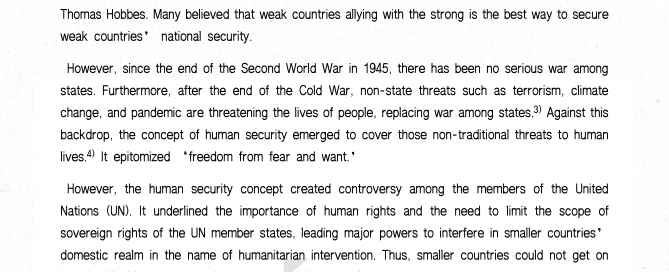The Main Theme of the 16th Jeju Forum: Sustainable Peace, Inclusive Prosperity
Thirty years have passed since the end of the Cold War. However, we still live under constant threats. The US–China conflict continues to worsen, whereas traditional security threats such as territorial disputes and nuclear proliferation persist. Moreover, new threats such as cyberattacks and climate change are increasing rapidly. Climate change in particular has caused a pandemic crisis, threatening our lives and economic prosperity. In responding to these multiple threats and crises, the foundations of multilateralism and democracy—the pillars of the post-war international order and peace—are faltering due to increased “my country first” attitudes. Therefore, at the 16th Jeju Forum, we seek ways to overcome the multiple crises facing our world under the main theme of “Sustainable Peace, Inclusive Prosperity.” The 16th Jeju Forum is scheduled to be held in Jeju from June 24 to 26, 2021.



